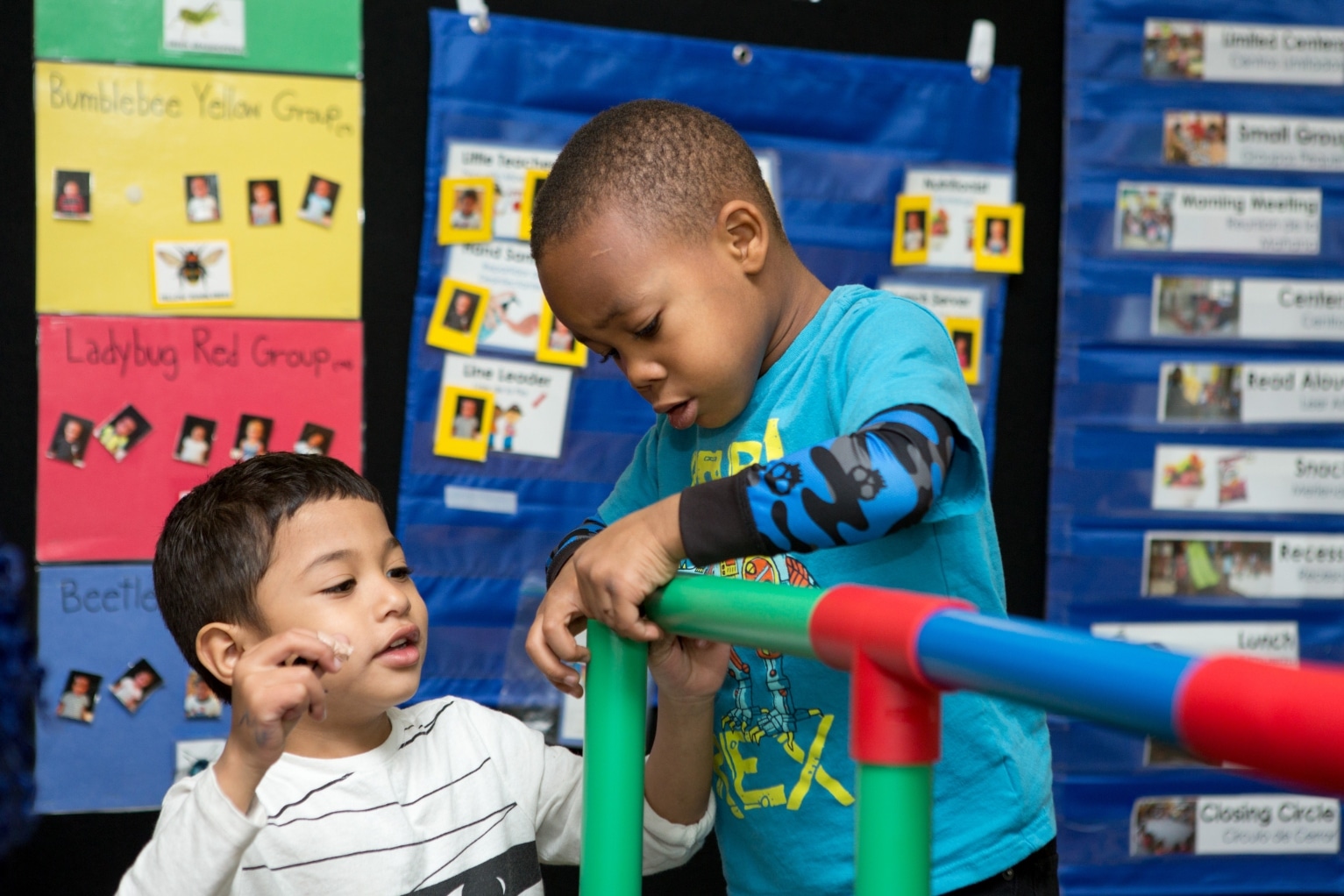Prior to the COVID-19 outbreak and economic collapse, Colorado Succeeds identified Early Childhood Education and Care (ECE) as an essential component of a strong economy, which allows parents to participate in paid work while children are cared for, supporting not only the financial wellness of families, but the early childhood development kids need to be successful in their future educational and career pursuits. ECE is now being elevated as a necessary component of Colorado’s economic recovery.
Last month, Colorado Succeeds co-hosted a webinar that focused on just that. With our partners at Executives Partnering to Invest in Children (EPIC), Council for a Strong America | ReadyNation, and PNC Bank, we explored how a strong economy is dependent on equitable access to high-quality ECE and how business can begin to lead in innovative practices, policy ideas, and support for the Early Childhood Education community. Ryan Beiser, Regional President at PNC Bank, brought his expertise as a member of the state’s Early Childhood Leadership Commission to both inform other business leaders and help frame how PNC Bank can be a guide to other companies looking to become leaders in ECE.
According to the Council for a Strong America (CSA), ECE programming has a strong correlation with a healthy economy and workforce. A newly released report from the CSA says, “…the economic costs of failing to address the child care needs of infants and toddlers … the infant-toddler childcare crisis adversely impacts the national economy to the tune of $57 billion every year.” In Colorado, that number is $2.2 billion annually.
Before the COVID-19 pandemic, most ECE centers and education providers were already operating on razor-thin budgets and low employee compensation. A recent survey from the National Association for the Education of Young Children found that most childcare programs across the US are at risk of closing permanently.
Of the 6,000 childcare providers surveyed nationwide, 30% say they would not survive a closure of more than two weeks without substantial public investment that would allow them to compensate staff, pay rent, mortgage or other fixed costs. Additionally, 17% of respondents say they would not survive any length of time without support, 16% say they would not survive longer than a month, and 25% do not know how long they could close and still be able to re-open without support.
For the Colorado economy to grow and recover from effects of COVID-19, we must develop and invest in innovative ways to support and provide high-quality early childhood education and care. With the impacts of COVID-19, it is imperative for ECE providers to recover financially and provide high-quality programming so that the economy and workforce can rebound.
The business community can lead in examining, advocating for, and implementing new initiatives and models (ex. co-op, mixed use, etc.) by bringing expertise from the private sector to the ECE community.
This important conversation will continue at our Q3 ECE Advisory Committee meeting on Monday, Sept. 14 at 1 p.m. via Zoom. We anticipate digging further into business’ role in ECE as it relates to the economy and business’ success. Additionally, we will share more about and discuss the Cigarette Tobacco and Nicotine Products Tax initiative that would provide revenue to allow for the creation of universal preschool in Colorado.
To learn more or get involved, please contact Sarah Swanson, Director of Policy.

